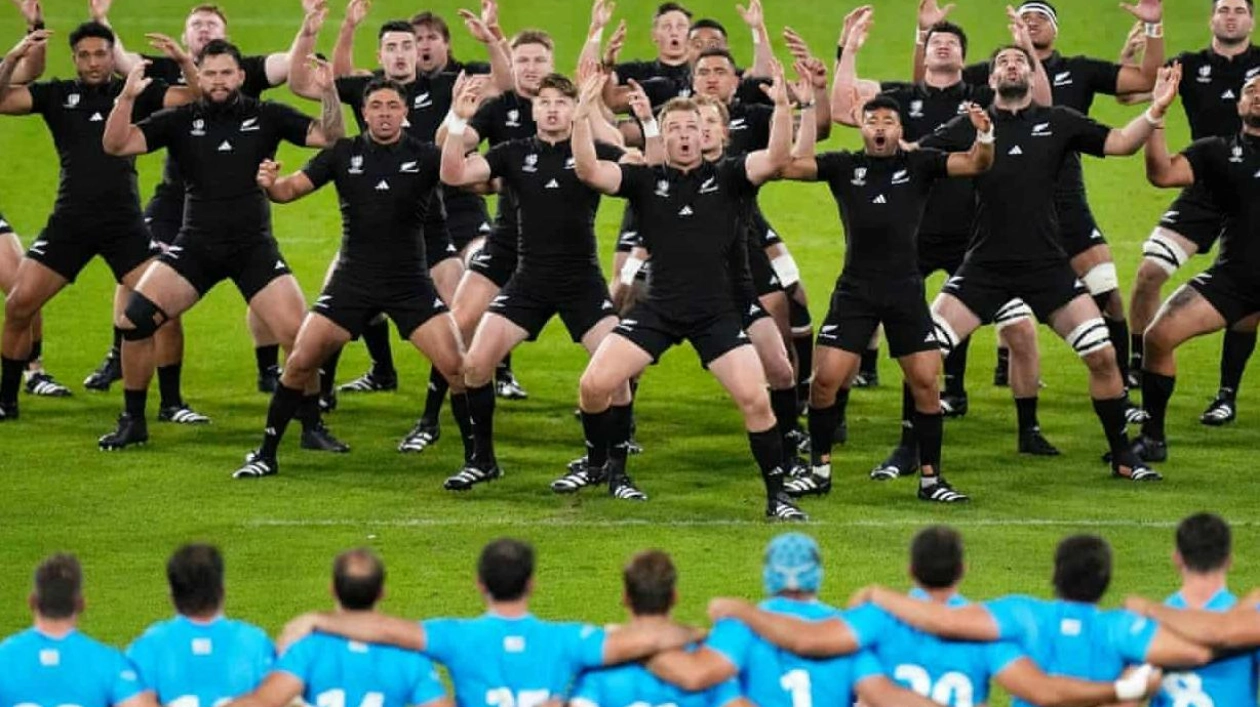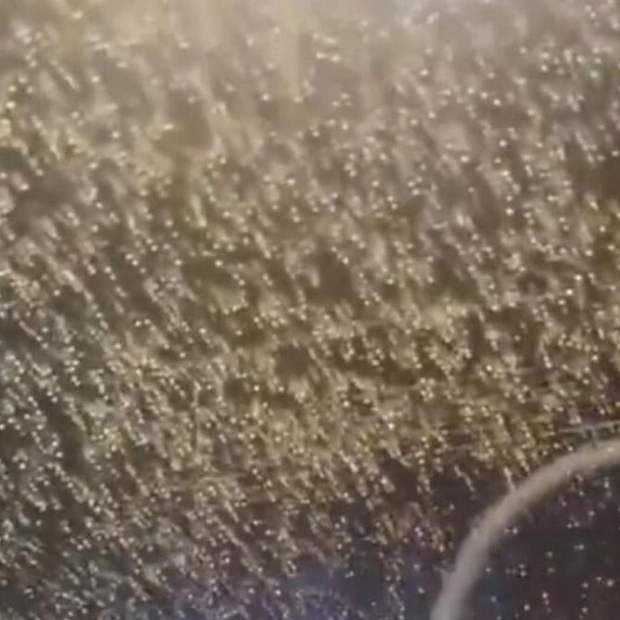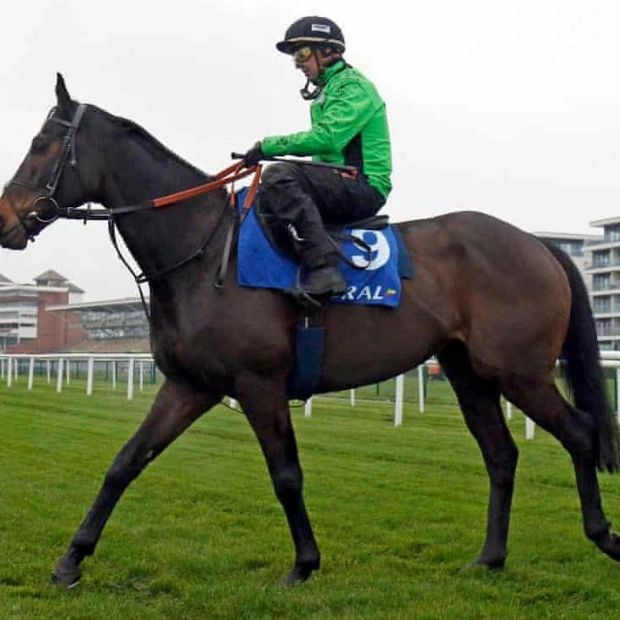There are numerous ways a team might prepare for a crucial match against the All Blacks. It's fair to say that deliberately trying to provoke them, as England appears to have done this week, is not a common strategy. Joe Marler's tweet calling the haka "ridiculous" and "needs binning" has not gone down well with New Zealanders. "I wonder if he wishes he could have expressed himself better," said their head coach Scott Robertson on Thursday. "The haka is not just about the All Blacks; it represents New Zealand as a country and holds significant meaning for us." Robertson mentioned that he didn't need to post Marler's comments in the dressing room, as social media had already made his players aware of it. "The boys are aware of it," Robertson said, although he stopped short of saying they would use it as motivation, adding, "We'll discuss and decide how to handle it respectfully."
It was somewhat akin to hearing a team of white tigers discussing their strategy for dealing with Siegfried & Roy. "I think Joe Marler knew exactly what he was doing by making those comments," said Sam Cane, who managed to convey his displeasure politely but clearly. "In New Zealand, performing the haka for someone is a sign of respect. It's performed at 21sts and weddings, and while it's also about issuing a challenge, it's ultimately a sign of respect." The unspoken implication was that Marler's remarks had disrespected the team and their traditions.
And the English wonder why the rest of the world enjoys beating them. Imagine if the Kiwis mocked the English for singing Swing Low at Twickenham. At least the haka is an authentic expression of Kiwi culture. As Cane pointed out, "It's a great spectacle, and the crowd loves it." Robertson said he had no issue with the opposing team responding to the haka on the field. He thought it was "awesome" when England lined up in an arrow formation to face it before the 2019 World Cup semi-final. "That had a clear meaning and was done respectfully, which is what it's all about," he said. Cane agreed, noting that if the opposition wanted to accept the challenge in their own way, that was fine.
Marler's comments have only made New Zealand's task harder. Despite winning only four of their last seven Tests, Robertson's lineup looks strong. He's made four changes to the XV that beat Australia 33-13 in the final match of the Rugby Championship in September. Mark Tele'a is in on the wing ahead of Sevu Reece, Jordie Barrett has recovered from a knee injury and is back at inside centre, and Cortez Ratima, who has been in excellent form all year, starts at scrum half. The only weak spot is at loosehead, where Ethan de Groot has been dropped, and Tamaiti Williams starts instead. Robertson would only say that De Groot "didn't meet internal standards," which is quite a diplomatic statement.
The most significant selection is at fly-half, where Beauden Barrett starts ahead of Damian McKenzie. Barrett has played there often enough in his career, but this is the first time he has started a Test there alongside his younger brother Jordie. Robertson said Barrett's game-management skills gave him the edge. "Beauden's experience means he understands what's needed on a northern tour," he said. "Out of his hand or off his foot, he's very instinctive, but he also knows how to navigate the field. So we believe he's the best choice for this week." Robertson was clear that they don't need extra motivation for a Test against England at Twickenham. "There have been some epic battles, and many of our All Black heroes have left their mark on it," he said. But thanks to Marler, they have one anyway.
Source link: https://www.theguardian.com






